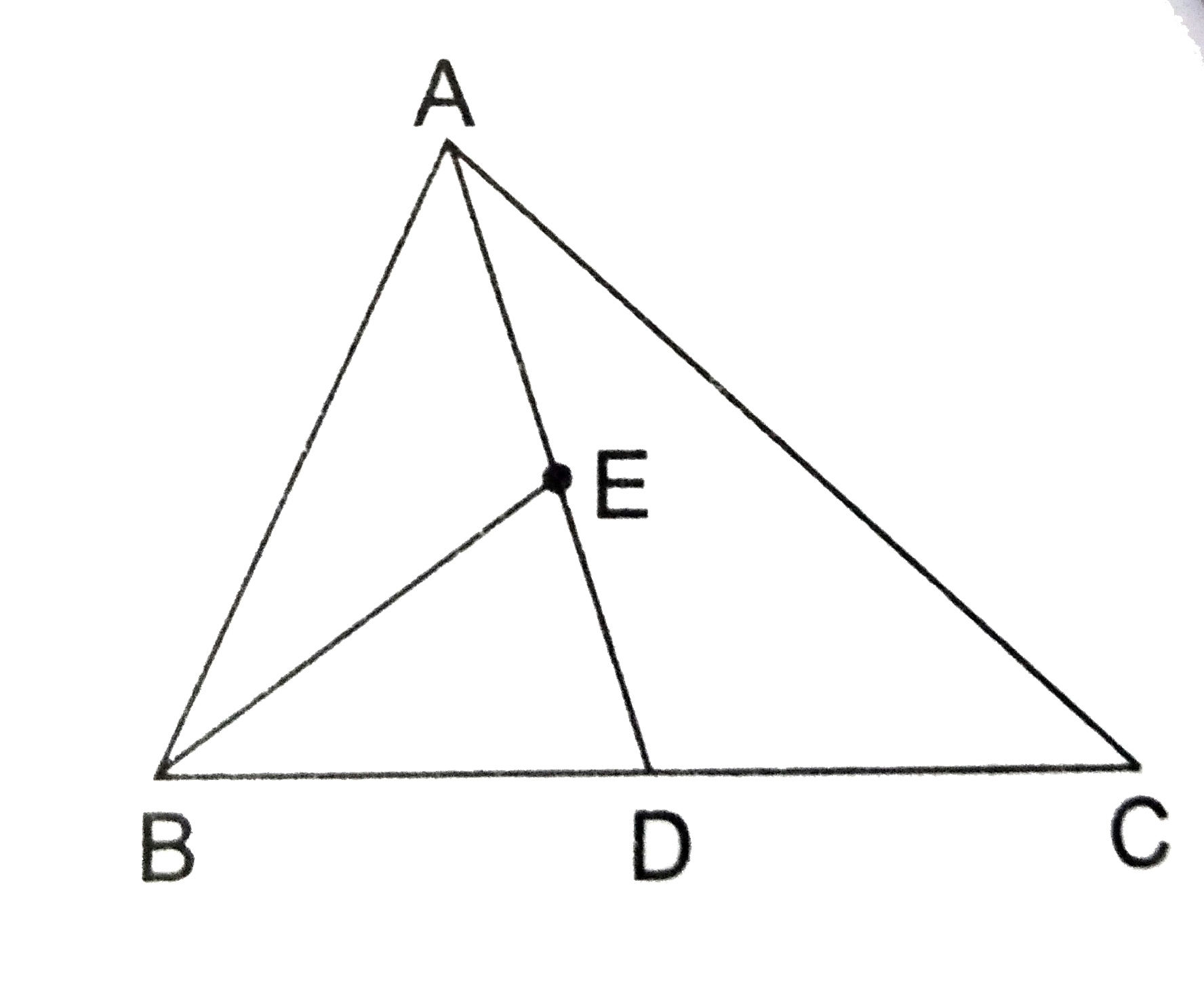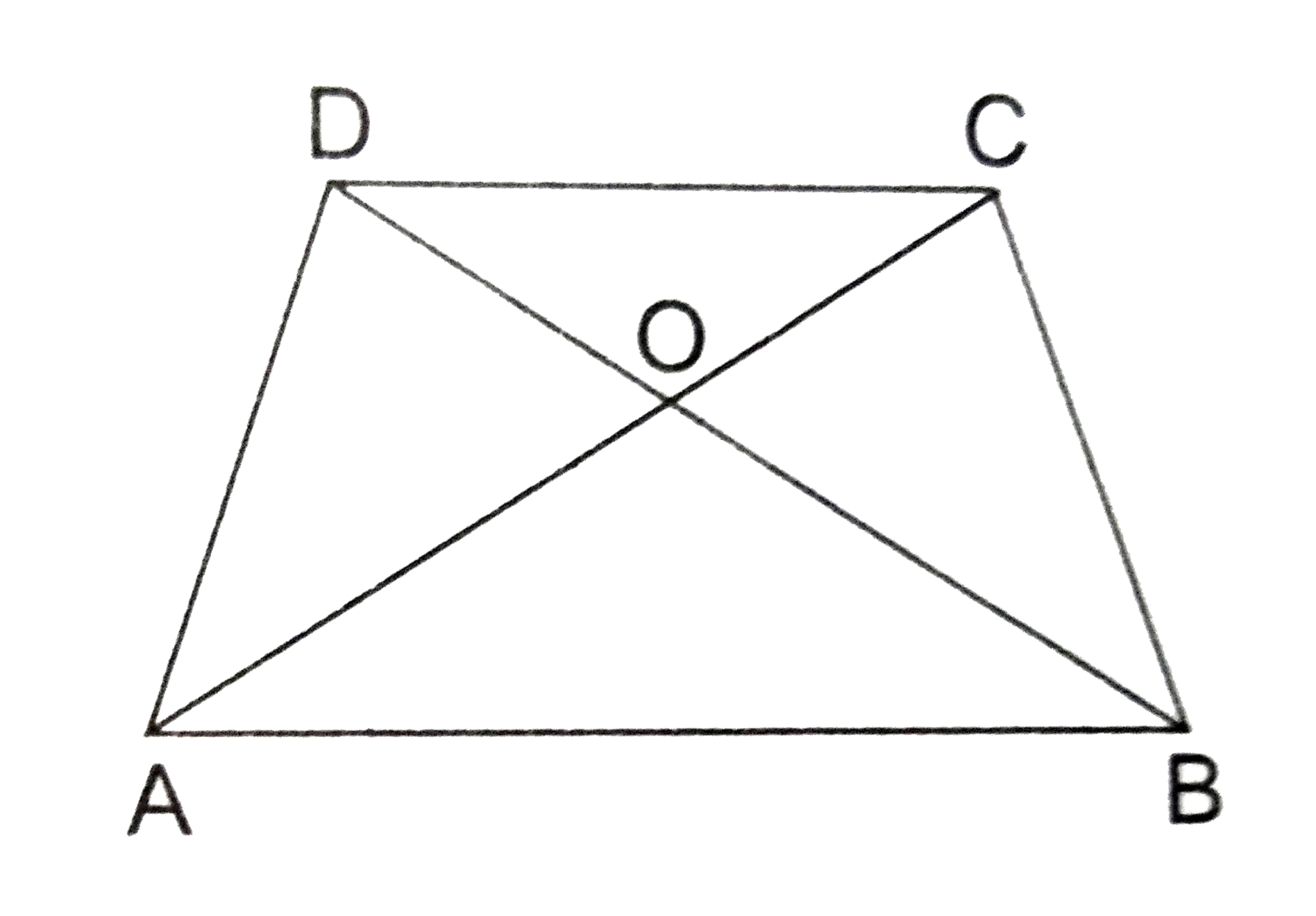Which among the following is a false statement
Half life of a third order reaction is inversely proportional to the square of initial concentration of the reactant
Molecularity of a reaction may be zero or fractional
For a first order reaction
Rate of zero order reaction is independent of initial concentration of reactant
The correct Answer is:b
To determine which statement is false among the given options regarding chemical kinetics, let's analyze each statement step by step.
Step 1: Analyze the First Statement
Statement: Half-life of a third-order reaction is inversely proportional to the square of the initial concentration of the reactant.
Analysis:
- The half-life (t1/2) of a reaction can be expressed as:
t1/2∝1(A0)n−1
where n is the order of the reaction.
- For a third-order reaction (n=3):
t1/2∝1(A0)3−1=1(A0)2
- This means that the half-life is indeed inversely proportional to the square of the initial concentration.
Conclusion: This statement is true.
Step 2: Analyze the Second Statement
Statement: The molecularity of a reaction may be zero or fractional.
Analysis:
- Molecularity refers to the number of reactant molecules involved in an elementary reaction step.
- It is defined as an integer (1, 2, 3, etc.) and cannot be zero or fractional.
- Therefore, the statement claiming that molecularity can be zero or fractional is incorrect.
Conclusion: This statement is false.
Step 3: Analyze the Third Statement
Statement: For a first-order reaction, t1/2=0.693k.
Analysis:
- The half-life for a first-order reaction is given by:
t1/2=0.693k
- This is a well-established formula in chemical kinetics.
Conclusion: This statement is true.
Step 4: Analyze the Fourth Statement
Statement: The rate of a zero-order reaction is independent of the initial concentration of the reactant.
Analysis:
- For a zero-order reaction, the rate law is given by:
R=k(A)0=k
- This indicates that the rate is constant and does not depend on the concentration of the reactant.
Conclusion: This statement is true.
Final Conclusion
After analyzing all statements, the false statement is:
The molecularity of a reaction may be zero or fractional.
Statement: Half-life of a third-order reaction is inversely proportional to the square of the initial concentration of the reactant.
- The half-life (t1/2) of a reaction can be expressed as:
t1/2∝1(A0)n−1
where n is the order of the reaction.
- For a third-order reaction (n=3):
t1/2∝1(A0)3−1=1(A0)2
- This means that the half-life is indeed inversely proportional to the square of the initial concentration.
Statement: The molecularity of a reaction may be zero or fractional.
- Molecularity refers to the number of reactant molecules involved in an elementary reaction step.
- It is defined as an integer (1, 2, 3, etc.) and cannot be zero or fractional.
- Therefore, the statement claiming that molecularity can be zero or fractional is incorrect.
Statement: For a first-order reaction, t1/2=0.693k.
- The half-life for a first-order reaction is given by:
t1/2=0.693k
- This is a well-established formula in chemical kinetics.
Statement: The rate of a zero-order reaction is independent of the initial concentration of the reactant.
- For a zero-order reaction, the rate law is given by:
R=k(A)0=k
- This indicates that the rate is constant and does not depend on the concentration of the reactant.
After analyzing all statements, the false statement is:
The molecularity of a reaction may be zero or fractional.
Topper's Solved these Questions
- CHEMICAL KINETICS BOOK - ERRORLESS CHAPTER - CHEMICAL KINETICS EXERCISE - Ordinary Thinking (Collision theory , Energy of activation and Arrhenius equation )
45 Videos
- CHEMICAL KINETICS BOOK - ERRORLESS CHAPTER - CHEMICAL KINETICS EXERCISE - Critical Thinking Objective Questions
20 Videos
- CHEMICAL KINETICS BOOK - ERRORLESS CHAPTER - CHEMICAL KINETICS EXERCISE - JEE (Advanced ) 2018
1 Videos
- CHEMICAL EQULIBRIUMBOOK - ERRORLESS CHAPTER - CHEMICAL EQULIBRIUMEXERCISE - JS JEE SECTION (ONLY ONE CHOICE ANSWER (Matrix)
1 Videos
- CHEMISTRY IN EVERYDAY IN LIFEBOOK - ERRORLESS CHAPTER - CHEMISTRY IN EVERYDAY IN LIFEEXERCISE - Critical Thinking (Objective question )
25 Videos
Similar Questions
Knowledge Check
Which among the following is the false statement ?
AWater boils below 100∘ C on mountain peaks.BIce undergoes sublimation on surface of moon.CIce melts above 0∘C on mountain peaks.DCooking of food is faster on mountain peaksWhich of the following is a false statement ?
AFluorine is more electronegative than chlorineBnitrogen has greater IE1 than oxygenCLithium is amphotericDChlorine is an oxidizing agentWhich of the following is a false statement
AFluorine is more electronegative than chlorineBnitrogen has greater IE1 than oxygenCLithium is amphotericDChlorine is an oxidizing agent


